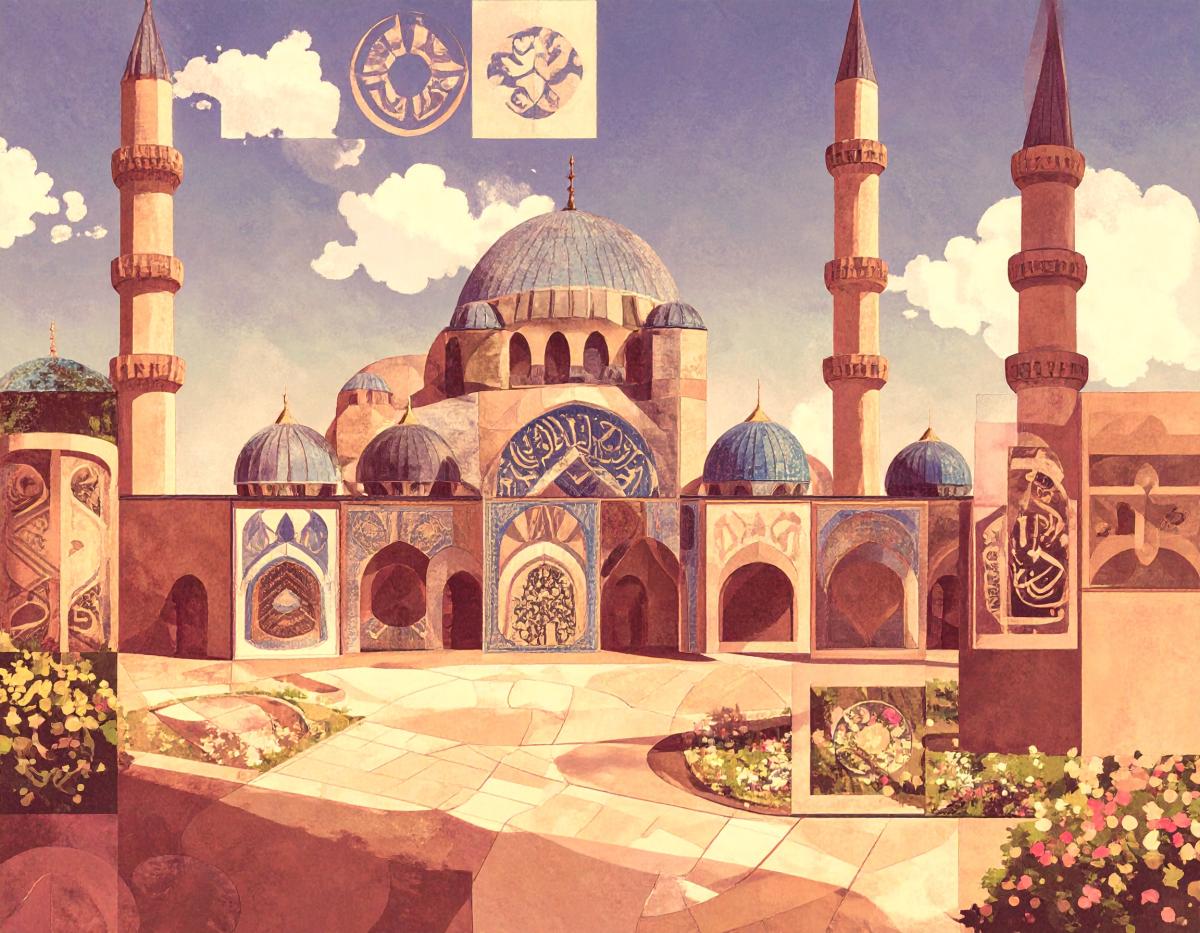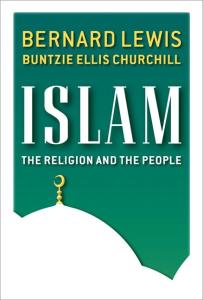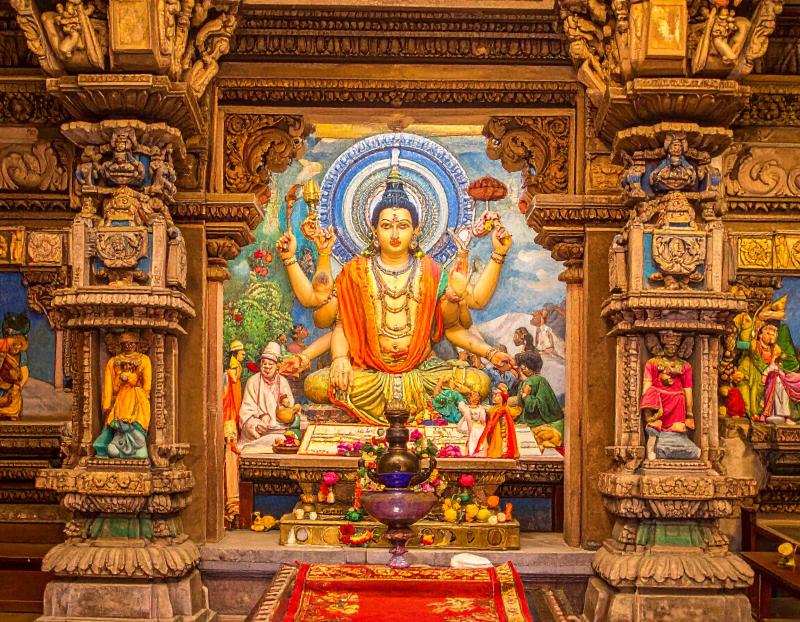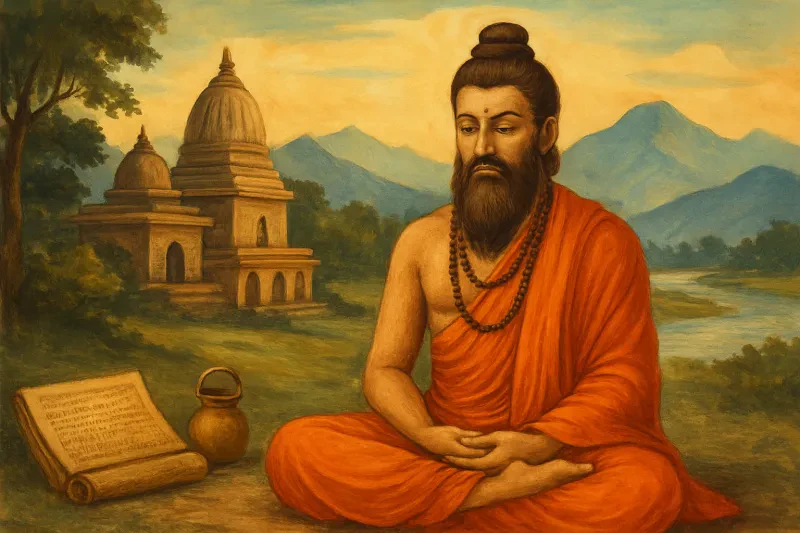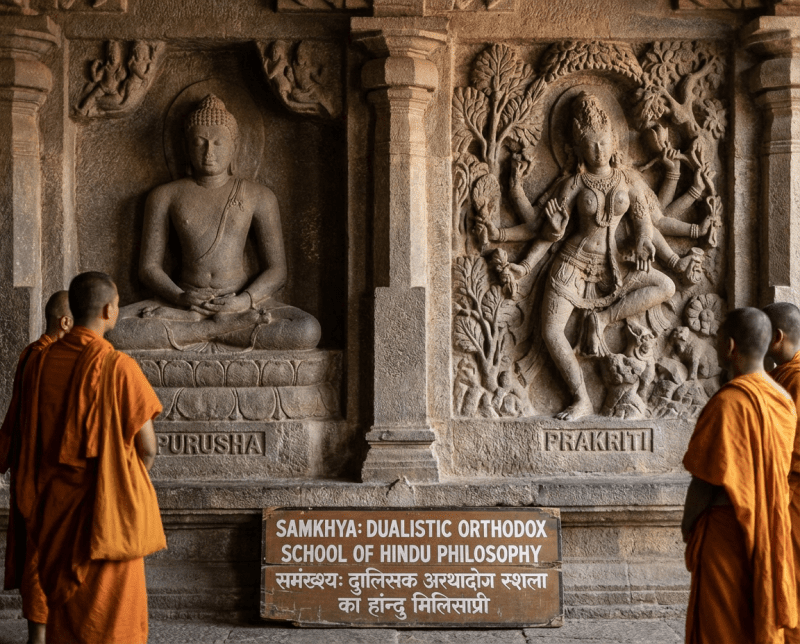Islam, one of the world’s great monotheistic religions, asserts a presence that spans continents, cultures, and centuries. Its followers, called Muslims, exceed 1.9 billion worldwide, making Islam the second-largest religion after Christianity. Emerging from the scriptures delivered to the Prophet Muhammad in the 7th century CE, Islam influences the spiritual, social, and cultural landscape of societies ranging from the urban hubs of Indonesia and Turkey to the remote hamlets of West Africa and the Middle East. To outsiders, Islam can seem like a monolithic tradition, but embedded within it is a vibrant diversity of beliefs, practices, and interpretations that have developed across more than a thousand years.
Here we will overview of Islam—its foundations, beliefs, scriptures, practices, history, and cultural significance—enabling a richer understanding of its place in the modern world.
Origins and Historical Context
Islam traces its origins to the Arabian Peninsula in the early 7th century CE, when tribal society was prevalent. Prophet Muhammad, born in approximately 570 CE in Mecca, is considered by Muslims to be the last in a prestigious lineage of prophets that stretches back to Abraham, Moses, and Jesus. Islamic tradition holds that Muhammad started receiving divine revelations in 610 CE from the angel Gabriel. These revelations persisted for twenty-three years and were later codified in the Qur’an, Islam’s holy book.
Muhammad’s message was spiritual, but also social. He preached the worship of one God (Allah), exhorted morality. He called for social justice in a society deeply divided by class, clan, and custom. Persecuted, Muhammad and his early followers fled to the city of Yathrib (later Medina) in 622 CE, an important event called the Hijrah that marks the Islamic calendar. In Medina, the Muslim community flourished, and in less than 10 years, Islam permeated the Arabian Peninsula.
After Muhammad died in 632 CE, his believers embarked on an extraordinary spread, extending empires from Spain and North Africa to Persia and India. This initial era of conquest and cultural efflorescence set the stage for Islam’s long-lasting international impact.
Beliefs and Theology
Fundamentally, Islam is a monotheistic religion that revolves around belief in one, omnipotent, compassionate God (Allah in Arabic). The core of Islam is summarized in the Arabic phrase La ilaha illa Allah, Muhammadun rasul Allah—“There is no god but God, and Muhammad is the messenger of God.”
The core tenets of Islam are commonly referred to as the “Six Articles of Faith”:
Belief in Allah: The one, unique, and incomparable God, who is merciful, just, and the creator of all things.
Faith in Angels: These are the spiritual beings created by God that undertake several divine assignments, such as delivering revelations and recording human actions.
Faith in the Prophets: A succession of messengers dispatched by God to lead humankind, such as Adam, Noah, Abraham, Moses, Jesus, and lastly Muhammad.
Belief in the Revealed Scriptures: Sacred texts sent to the prophets, including the Torah (to Moses), the Psalms (to David), the Gospel (to Jesus), and the Qur’an (to Muhammad), with the Qur’an viewed as the final and complete revelation.
Belief in the Day of Judgment: The belief that every soul will be resurrected and held accountable by God according to their faith and actions, receiving either reward or punishment in the afterlife.
Belief in Divine Decree: The belief that God’s knowledge and will encompass everything, yet humans have free will and ethical responsibility.
Pillars of Islam- Practice and Worship
Muslims live by “The Five Pillars of Islam,” a framework of required actions:
Shahada (Declaration of Faith): Being a witness that there is no god except Allah and that Muhammad is His messenger.
Salah (Prayer): Observe ritual prayers 5 times a day at specific times, directed toward the holy Kaaba in Mecca.
Zakat (Almsgiving): Giving a set percentage of one’s income to the less fortunate, encouraging social justice and philanthropic duty.
Sawm (Fasting during Ramadan): Fasting from food, drink, and other physical needs from dawn until sunset during the holy month of Ramadan, fostering spiritual discipline and compassion for people in need.
Hajj (Pilgrimage to Mecca): Pilgrimage to Mecca once in a lifetime if physically and financially possible. The Hajj is an incredible expression of brotherhood, humility, and devotion to Allah.
Holy Scriptures and Legal Foundations
The Qur’an lies at the center of Islam. Consisting of 114 chapters (surahs) of different lengths, it covers theological, ethical, legal, and spiritual topics, frequently using evocative stories and allegories. Muslims consider the Qur’an to be the verbatim word of God, revealed in Arabic, and maintained unaltered.
Complementing the Qur’an is the Sunnah—the precedent of the Prophet Muhammad, preserved mainly in compilations of Hadith (sayings). Both the Qur’an and Sunnah are the foundational texts of Islamic law (Sharia), which guides not only personal conduct but also communal affairs.
Interpretations of these scriptures have led to different branches of Islamic theology and jurisprudence, most significantly the Sunni and Shia sects, each with its own approaches to theology, law, and leadership.
Major Branches and Diversity
Although frequently portrayed as monolithic, Islam is incredibly diverse. The largest branch, Sunni Islam, makes up approximately 85–90% of the world’s Muslims and is distinguished by its focus on community consensus and the leadership of elected caliphs after Muhammad’s passing. Shia Islam, comprising approximately 10–15%, emphasizes the leadership of Muhammad’s direct descendants, especially Ali and his family – the Imams.
Beyond these, there are many other groups and movements, such as Sufism (Islamic mysticism), which focuses on the inner quest for God and spiritual experience, often articulated through poetry, music, and ritual.
Islamic civilization has also gifted us with a dazzling panoply of culture — art, architecture, philosophy, science, literature — mirroring the faith’s imprint on societies ranging from Morocco to Malaysia.
Daily Life and Spirituality
For Muslims, Islam isn’t just a system of belief but a whole lifestyle. Its lessons infiltrate daily practices, eating habits (no pork or alcohol), fashion (the hijab for some women), family relationships, commerce, and social justice.
Mosques are places of prayer and community, with Friday prayers being a weekly cornerstone.
Holidays like Eid al-Fitr (end of Ramadan) and Eid al-Adha (Abraham’s sacrifice) are celebrated with prayers, feasts, and charity.
Spirituality in Islam merges external practice with internal piety—aspiring to divine proximity through salat, dhikr, Qur’anic recitation, and self-improvement.
Islam’s Global Impact
Islam, in its more than fourteen centuries, has deeply influenced the world’s history, politics, and cultures. Its imprint is in the majesty of the Alhambra in Spain, the learning of Al-Azhar in Cairo, the verses of Rumi and Hafez, and the bustling bazaars of Istanbul and Jakarta.
Today, Muslim communities enrich the arts, sciences, and public life of nations around the world. As Muslims confront modernity, pluralism, and misunderstanding, Islam still actively contributes to the pursuit of justice, human dignity, and peace.
Conclusion
To explore Islam is to enter one of humanity’s most profound traditions. This faith informs the lives of almost a quarter of the globe. Its doctrine of one God, mercy, charity, and faith shaped world civilization. Although Islam is misunderstood and maligned, at its core it preaches unity, peace, and surrender to God.
Islam: The Religion and the People
by Bernard Lewis and Buntzie Churchill
Product information
Product Review Score
4.9 out of 5 stars
104 reviews